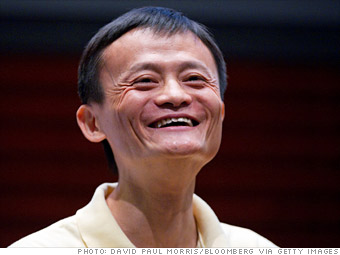Search News

Alibaba suffered a series of setbacks last year. Amid revelations that the e-commerce giant permitted fraudulent trades on its sites, several Alibaba executives, including then-CEO Zhe Wei, resigned from their posts. The company has also confronted criticism related to its decision to take its Alibaba.com unit private by buying out its shareholders for approximately $2.5 billion and taking the company off of the Hong Kong stock exchange.
The privatization of Alibaba's B2B business unit will likely take its toll on the company's revenues over the next several years, causing many to question Jack Ma's intentions behind the move. Some analysts argue that the disclosure rules that listed companies must follow might pose an obstacle to the company's plans to repurchase part of Yahoo's 40% stake in the Alibaba Group (the two companies recently struck a deal in which Yahoo would sell as much as half of its stake to Alibaba for approximately $7.1 billion).
Former Alibaba CEO Zhe Wei mentioned during an interview with Fortune China that, over the last few years, Jack Ma has been searching for the right ownership structure to fit with the company's long-term goals. It's possible that a partnership model may be the most attractive option to both Ma and Wei. There are, indeed, a lot of excellent, healthy high-tech enterprises established using a partnership system in Europe.
The dean of the Guanghua School of Management, Hongbin Cai, thinks China's B-schools can churn out entrepreneurs - by emulating the U.S.